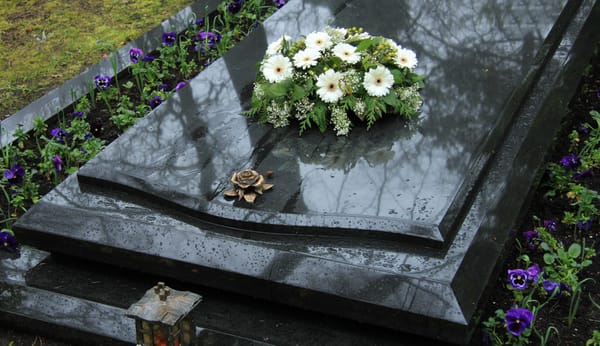The sad reality is that many retirees have not saved enough money to meet their financial needs in retirement. The 10X Retirement Reality Report tracks the lifestyles of the 15 million economically active South Africans in households earning more than R8,000 per month. Alarmingly, 71% of respondents indicated they had little or no retirement savings plan at all. That is a lot of people who could be forced to rely on the kindness of family to survive
The primary driver of this is that most households do not have enough retirement savings or fail to preserve their retirement savings when changing jobs. As a result, most children should plan for the foreseeable reality of having to support their parents in retirement.
The first point of action should be to sit down with your parents and have a frank conversation about their retirement savings. How much retirement savings do they have? How much do they need? Where is the money invested? What annual fees are they paying? What expenses can they likely expect?
This conversation needs to be honest and may be difficult. As a family you need to discuss what standard of living is realistic given the resources available.
By having this conversation before retirement, ideally together with a qualified financial planner, a solid financial plan can be put in place. Remember that supplementing your parents retirement is far less of a financial strain than having to carry the entire burden of your parents retirement needs.
What are the tax consequences?
If it looks like you will be required to supplement your parents retirement income. You should be aware of the tax consequences of any support that you provide your parents. To do this effectively you need to consider the different options of support.
Firstly, you might want to give them a large lump sum that they could invest and then live off the interest. This has the advantage of giving your parents a level of independence, so they don’t feel like they have to ask you for money each month. Unfortunately, lump sums are considered by SARS as donations and any amount over R 100 000 per tax year will attract donations tax, which is payable by you, the donor. To clarify, only the first R100 000 donated per tax year is tax-free. Donations tax (20%) is applied to any amount over R100 000.
There are certain donations which are exempt from donations tax, such as a donation made to a spouse, but there is no such exemption for donations to your parents.
As such, you could use your R 100 000 tax-free donation allowance to pay off any outstanding debts your parents may have, but as a monthly sustainable solution it might not be the most tax efficient.
A better approach would be to pay directly for some of your parents’ expenses. Any reasonable bona fide contribution towards the maintenance of another person is exempt from donations tax. SARS can and will assess these contributions and determine whether or not that contribution is excessively generous and therefore taxable. For example, reasonable expenses can include:
- Medical aid.
- Life or property insurance
- Basic necessities, like food, fuel and toiletries.
How to plan for the future?
As a child who has to support their parents it’s important that you factor this support into your own financial plan and if necessary monthly budget. And if your parents are retiring soon or have recently retired, it’s critical that you have that conversation sooner rather than later. Include all the family members so that everyone understands the situation and can contribute according to their affordability.










